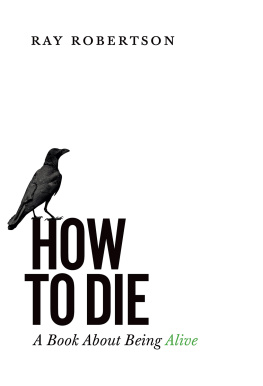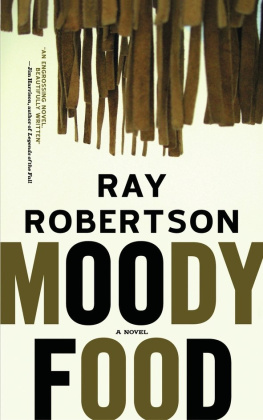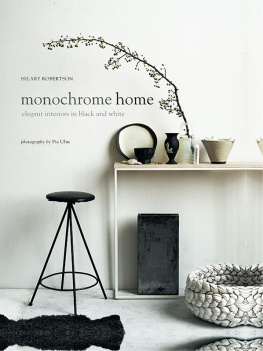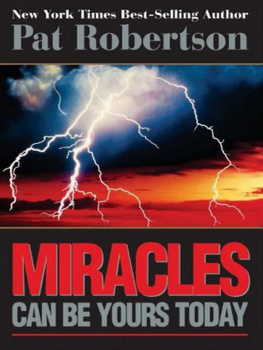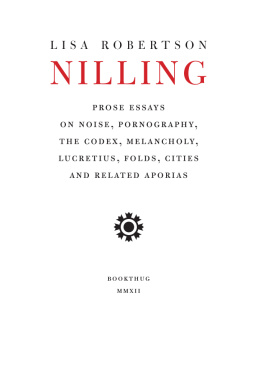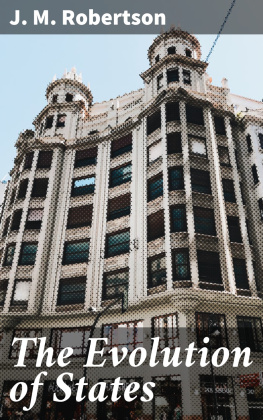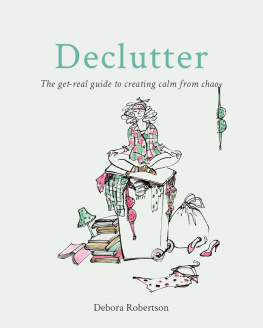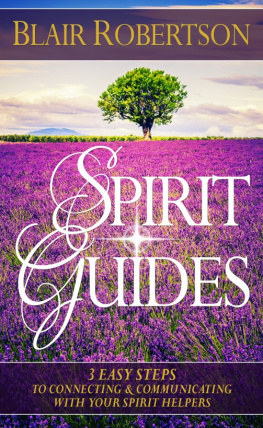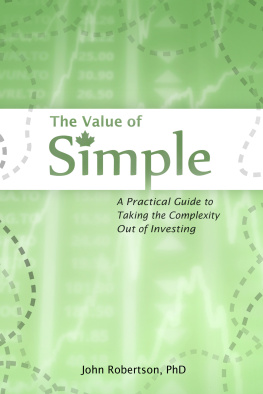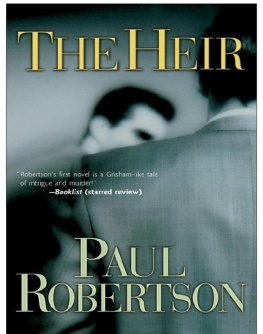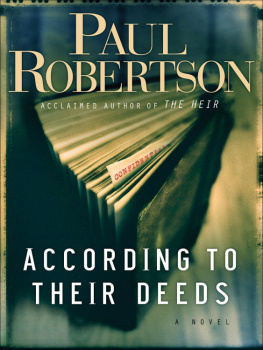Ray Robertson - How to Die: A Book About Being Alive
Here you can read online Ray Robertson - How to Die: A Book About Being Alive full text of the book (entire story) in english for free. Download pdf and epub, get meaning, cover and reviews about this ebook. year: 2019, publisher: Biblioasis, genre: Romance novel. Description of the work, (preface) as well as reviews are available. Best literature library LitArk.com created for fans of good reading and offers a wide selection of genres:
Romance novel
Science fiction
Adventure
Detective
Science
History
Home and family
Prose
Art
Politics
Computer
Non-fiction
Religion
Business
Children
Humor
Choose a favorite category and find really read worthwhile books. Enjoy immersion in the world of imagination, feel the emotions of the characters or learn something new for yourself, make an fascinating discovery.
- Book:How to Die: A Book About Being Alive
- Author:
- Publisher:Biblioasis
- Genre:
- Year:2019
- Rating:3 / 5
- Favourites:Add to favourites
- Your mark:
- 60
- 1
- 2
- 3
- 4
- 5
How to Die: A Book About Being Alive: summary, description and annotation
We offer to read an annotation, description, summary or preface (depends on what the author of the book "How to Die: A Book About Being Alive" wrote himself). If you haven't found the necessary information about the book — write in the comments, we will try to find it.
How to Die: A Book About Being Alive — read online for free the complete book (whole text) full work
Below is the text of the book, divided by pages. System saving the place of the last page read, allows you to conveniently read the book "How to Die: A Book About Being Alive" online for free, without having to search again every time where you left off. Put a bookmark, and you can go to the page where you finished reading at any time.
Font size:
Interval:
Bookmark:

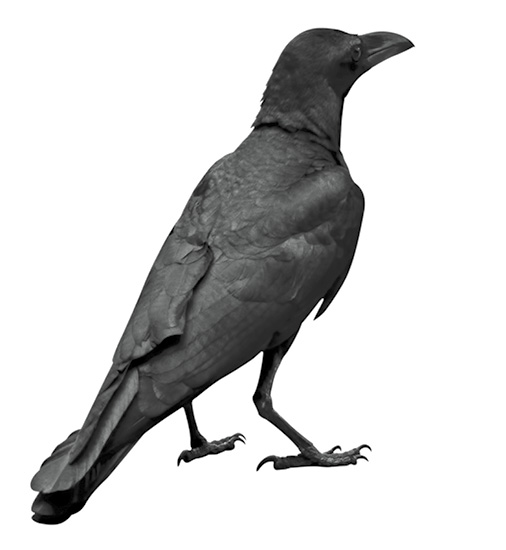
How to Die
A Book About Being Alive
Ray Robertson
Biblioasis
windsor, ontario
Copyright Ray Robertson, 2019
All rights reserved. No part of this publication may be reproduced or transmitted in any form or by any means, electronic or mechanical, including photocopying, recording, or any information storage and retrieval system, without permission in writing from the publisher or a license from The Canadian Copyright Licensing Agency (Access Copyright). For an Access Copyright license visit www.accesscopyright.ca or call toll free to 1-800-893-5777.
FIRST EDITION
Library and Archives Canada Cataloguing in Publication
Title: How to die : a book about being alive / Ray Robertson.
Names: Robertson, Ray, 1966- author.
Description: Includes bibliographical references.
Identifiers: Canadiana (print) 20190220317 | Canadiana (ebook) 20190220325 | ISBN 9781771960946
(softcover) | ISBN 9781771960953 (ebook)
Subjects: LCSH : Robertson, Ray, 1966-Anecdotes. | LCSH : Death. | LCSH : DeathPsychological aspects. | LCSH : Life.
Classification: LCC BD 444 .R63 2020 | DDC 128/.5dc23
Edited by Daniel Wells
Copy-edited by Allana Amlin
Cover and interior designed by Ingrid Paulson
Published with the generous assistance of the Canada Council for the Arts, which last year invested $153 million to bring the arts to Canadians throughout the country, and the financial support of the Government of Canada. Biblioasis also acknowledges the support of the Ontario Arts Council ( OAC ), an agency of the Government of Ontario, which last year funded 1,709 individual artists and 1,078 organizations in 204 communities across Ontario, for a total of $52.1 million, and the contribution of the Government of Ontario through the Ontario Book Publishing Tax Credit and Ontario Creates.

Contents
Tom Noyes and Miles Wilson
and
Mara Korkola
What are days for?
Days are where we live.
They come, they wake us
Time and time over.
They are to be happy in:
Where can we live but days?
Philip Larkin, Days
Que sais-je?
Michel de Montaigne
INTRODUCTION
Someone once asked me if I was ever tempted to revisit a character or a storyline from one of my novels. I could honestly say I hadnt, that it sounded like work, something Ive tried hard my entire life to avoid. It also sounded boring, which, for me, is even worse. How can the reader be expected to care if the author doesnt?
This changed after I wrote Why Not? Fifteen Reasons to Live, a collection of essays completed after enduring a deep depression brought on by finishing a long, difficult novel amidst the debilitating symptoms of obsessive-compulsive disorder, a disease Ive suffered from all of my adult life and which tends to manifest itself most perniciously when Ive embarked upon an engrossing project. (If nothing else, its a reminder of lifes ongoing irony: what tends to make me happiest also has the capacity to make me sick.) How to Die: A Book About Being Alive isnt a sequel to Why Not? Fifteen Reasons to Livea better diet, more exercise, and the correct dosage of the right medication have helped me remain as psychologically healthy as possiblebut, rather, a continuation of the conversation begun in the latter books final chapter: Death. A conversation with whom? With myself, of course.
That I graduated with High Distinction with a degree in philosophy says less about my analytical reasoning skills or deep knowledge of any particular thinker or branch of philosophy than it does about my desire at the end of my undergraduate career to complete my degree so I could do something else. Simply put, philosophywhich from as far back as high school had seemed the zenith of human activitieshad become a bore (theres that word again). Thered been plenty of inspired and inspiring books encountered along the wayPascals Penses, Simone Weils Gravity and Grace, Martin Bubers I and Thou, nearly everything written by Nietzschebut, I came to learn, these works and others like them werent considered real philosophy by the academic community. Instead, they were dismissively lumped together as wisdom literature: at best, entertaining belles lettres; at worst, artsy-fartsy blather and bluster. A real philosopher was someone like Hegel, who, like the majority of his professorial brethren, wrote for other professors in a language seemingly created to deter comprehension about subjects as far removed from the everyday philosophical questions and concerns of most human beings as the ugly, ungainly style they employed was from lucid, illuminating prose. As it is with music, so it is with philosophy: if it doesnt swing, its hard to understand the words. Or care.
One of those writers of wisdom literature I discovered during these years was Montaigne, someone I continued to enthusiastically read long after Id decided that fiction was a better (and much more enjoyable) way of taking realitys temperature. Pascal, Weil, Buber, Nietzsche, et al. were almost always interesting and often eloquent, but there was usually the unmistakable imprint of argumentation on their work. Since they were, after all, philosophers, this was understandable, but Montaigne was a different kind of reading experience. Although he offered opinions on virtually every subject imaginable (drunkenness, mortality, reading, sleep, friendship, anger, virtue, the art of discussion, experience, fame, pedantry, idleness, vanity, praying, cowardice, et cetera), these ideas werent the only fruit of his labours. Often, they were the least compelling part. Montaigne was born and remained a Catholic, but his ruminations on religion and humankinds place in the universe, for example, were just that: an unflappable, unhurried exploration of every aspect of whatever subject happened to interest him, whether that led him into profundity, confusion, or even contradiction. Montaignes biographer and one of his finest translators, Donald Frame, described Montaignes style as free, oral, informal, personal, concrete, luxuriant in images, organic and spontaneous in order, ranging from the epigrammatic to the rambling and associative. One of the many pleasures of reading Montaigne is the sense that one is not so much reading a book as simply listening to an amiable, amusing, intellectually ecumenical human being thinking aloud about a variety of subjects that interest him, ultimate conclusions and logical consistency be damned. As befits the originator of the modern essay, Montaigne wrote foremost to find out what he thought, and his readers are invited along to listen in while he does so. Maybe best of all, Montaigne is good company.
He was also a dedicated amateur classicist, the very best kind of aficionado (he read and reread Horace and Cicero and Virgil and Ovid and Lucretius and others not to become or to appear learned, but because these ancient authors continued to stimulate and sustain him). His famous tower in Bordeaux, where he retired to ponder life and compose his essays, was packed with volumes by these cherished authors for the same reason that the home of the early eighteenth-century Scottish poet James Thomson was similarly stocked: To cheer the gloom / There studious let me sit, / And hold high converse with the mighty dead. Montaignes work is embroidered with the best that had been thought and said by these mighty dead, and he himself anticipated a possible objection to his literary method: [S]omeone might say of me that I have here only made up a bunch of other peoples flowers, having furnished nothing of my own but the thread to tie them. But Montaignes point of view is rarely overwhelmed by these other voices, which only serve to embellish and illuminate the essayists own thoughts and feelings. Nearly five hundred years of writers who have been inspired by, and attempted to emulate, his method may not have been as successful (myself included, utilizing many favourite long-deceased authors of my own who werent even born when Montaigne was alive and composing his essays), but thats one of the reasons one keeps writing. Maybe next time youll get it right. Or at least closer to what its supposed to be.
Font size:
Interval:
Bookmark:
Similar books «How to Die: A Book About Being Alive»
Look at similar books to How to Die: A Book About Being Alive. We have selected literature similar in name and meaning in the hope of providing readers with more options to find new, interesting, not yet read works.
Discussion, reviews of the book How to Die: A Book About Being Alive and just readers' own opinions. Leave your comments, write what you think about the work, its meaning or the main characters. Specify what exactly you liked and what you didn't like, and why you think so.

